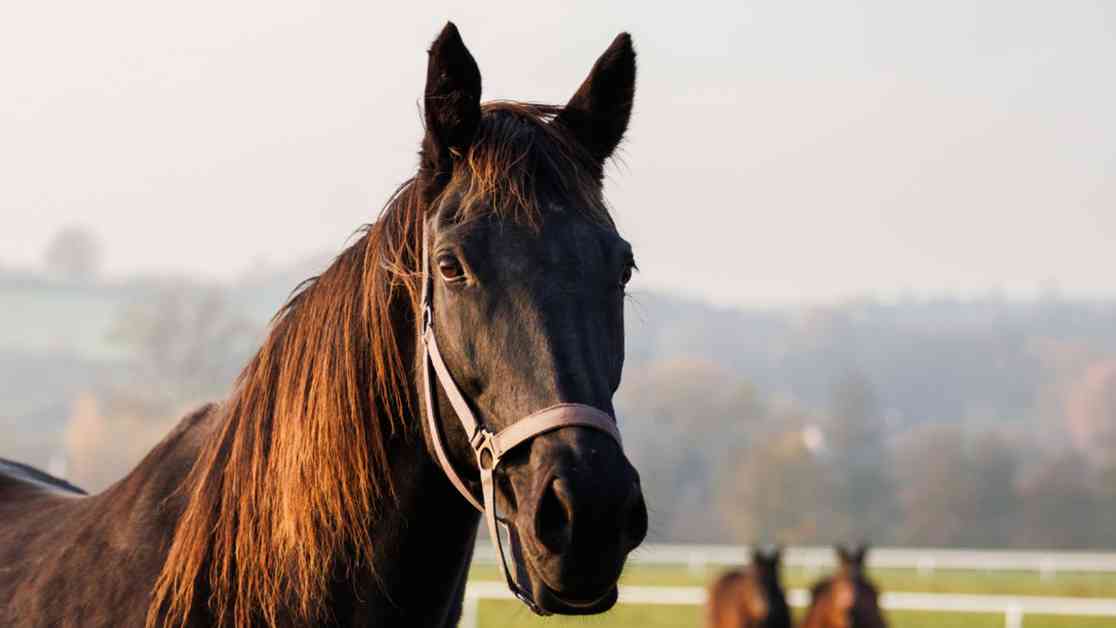Study: Bird Flu Can Infect Horses Undetected
Bird flu can infect horses without showing any symptoms, according to a recent study conducted by scientists at the University of Glasgow. The findings, published in the journal Emerging Infectious Diseases, have raised concerns about the potential undetected spread of the H5N1 virus among horses, posing a significant risk of transmission to humans.
Vulnerability of Horses to Bird Flu
Professor Pablo Murcia, the lead researcher of the study, highlighted the significance of their discovery, emphasizing that horses in regions where bird flu is present could be susceptible to the virus. He warned that the close proximity of horses to humans could increase the likelihood of human infection if the virus were to establish itself within the equine population.
Potential for Evolution of New Strains
The research team at the Medical Research Council-University of Glasgow Centre for Virus Research also expressed concerns about the potential of horses acting as a reservoir for the evolution of new strains of flu. With horses already known to be susceptible to equine flu caused by the H3N8 virus, the co-infection of horses with H5N1 could lead to the rapid genetic evolution of the viruses.
Global Spread of H5N1 Virus
While the H5N1 virus has historically affected poultry populations, a new variant has emerged in recent years, spreading globally through migrating birds and infecting mammals, including humans. The virus has been detected in dairy herds in the United States, with over 700 herds across 15 states affected. Concerns have been raised about the slow response of US authorities to contain the spread of the virus and prevent potential mutations that could enhance its survival in mammalian cells.
Dr. Tulio de Oliveira, the director of the Centre for Epidemic Response and Innovation in South Africa, expressed apprehension about the situation in the US, emphasizing the need to prevent the further evolution and mutation of the H5N1 virus. With the threat of another potential pandemic looming, stringent monitoring and rapid detection of infections are crucial to mitigate the risks posed by the virus.
The UK Health Security Agency has reassured the public that the risk of bird flu affecting cattle in Britain is minimal, with stringent measures in place to prevent the spread of the virus. However, preparations are underway, with an order for five million doses of a vaccine against the H5 family of viruses in case of a potential outbreak among humans.
As we navigate the complexities of emerging infectious diseases and the evolving threats posed by viruses like H5N1, it becomes increasingly evident that vigilance and proactive measures are essential to safeguard public health and prevent the onset of potential pandemics. The interconnectedness of human and animal health underscores the importance of collaborative efforts in monitoring and controlling the spread of infectious diseases to ensure global health security.










